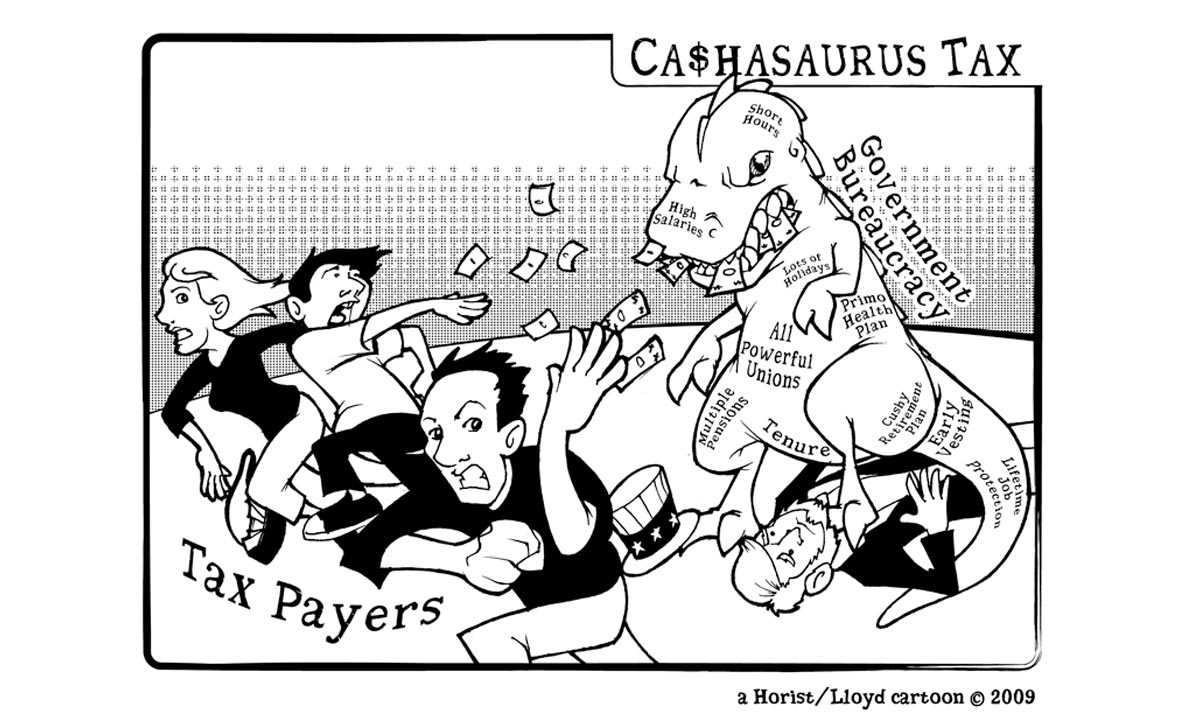
The Italian Banks on the Verge of Collapse
Not only is Italy struggling with the migrant crisis, but now analysts are predicting that the country’s financial structure is in a crippling state.
The Italian bank debt is at an all-time high at €360 billion. To put this in perspective, this accounts for 18% of total bank loans and is “equivalent to a fifth of Italy’s GDP” according to the financial expert Simon Wilson.
“The Italian government, according to some estimates, needs to spend $45 billion to shore up its banks burdened with bad loans. Fears that European authorities will bar the government from providing that support are adding to the turbulence caused by “Brexit,” writes the New York Times.
The root of the problem is the $222 billions in bad loans. Italy would likely mimic the US solution with the TARP spending in 2008. Sadly, Italy’s problem is much more complicated.
“But such a bailout may be illegal under relatively new European rules that aim to protect taxpayers and instead force investors in the banks to provide financial support in times of trouble. Investors lend money to banks by buying their debt securities. Under the anti-bailout rules, those securities would be forcibly turned from debt into new equity, which could absorb any new losses taken on the bad loans. Under such a so-called bail-in, the equity would in theory be worth less than the debt securities, leading to losses for investors who held the debt… Retail investors hold many of those debt securities. According to Bruegel, a research organization that specializes in European economic issues, families own about a third of Italian banks’ debt securities. Not only would bail-ins focus the pain on Italian households, the fear of losses might also prompt investors to stop lending to banks and lead depositors to withdraw their money,” writes the New York Times.
The impact of the Italian bank collapsing will be detrimental to Europe. If the Italian bank collapses, this will cause a financial crisis throughout the Eurozone. The financial markets of the EU countries, especially between France and Italy rely heavily on one another. So, the country has turned to other leading EU countries for help.
However, these countries have not been so quick to come to Italy’s aid. In June, Germany refused to bail-out Italy.
Then in July, Italian clients of the banks started to fearfully empty their accounts at automatic tellers. Even the world’ oldest banking establishment that has been in business since year 1472, Monte dei Paschi di Siena, took a major hit from the bank runs.
The stock market has experienced a 68% decline since the beginning of the year.
How long will it take for the medium-sized country’s economy to recover? The International Money Fund (IMF) predicts that Italy’s economy won’t return to its pre-crisis size until the mid 2020s. And this is if a solution is found in the near future.
“The IMF further noted that Italy’s high taxes, combined with an “inefficient public sector” and civil service wage hikes had all contributed to one of the lowest productivity growth rates among advanced economies over the last 30 years,” writes Breitbart.
The country’s only hope is the upcoming October referendum on constitutional reform. “A solution should be found quickly or the world’s oldest bank (BMPS) could fail and bring down the rest of Europe’s embattled banking sector with it. The EU needs to show flexibility or Italy could go under,” said Andrew Edwards, CEO of British based financial company ETX Capital.
Ultimately, Italy will need assistance from the other countries in the UN since a bail-out with the countries resources would not be effective. “In the case of Italy, a crisis bail-out would wipe out not only shareholders, but also ordinary depositors who have been sold €173 billion worth of questionable bank debt,” writes Breitbart.
Editor’s note: An Italian collapse would not only affect Europe but would likely cause a domino effect that would hit the U.S. and Asia. Italy’s problem together with France’s projected recession do not bode well for the EU.
























Faggots and trannies and either demon possessed or has mental illness. Like Dunger💩
Come on guys, we need our critical thinking hats on which make this article is quite funny as a fantasy…
Frank, it is dangerous to drink and post...
Hey DUNGER. Trump is a felon who still kicked the token’s stinking ass. He’s judged a sex offender by fools…
Joe you can’t take Dunger seriously. He only spews leftist bullshit.